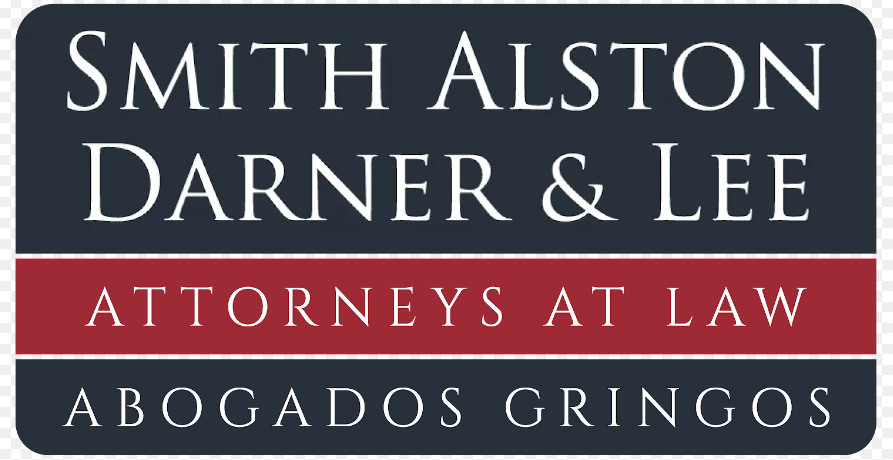Important Personal Injury Law Terms to Know
Personal injury is an intricate, delicate field of law. Oftentimes, in personal injury cases, clients have several questions and many of these questions consist of learning about terms that are used by lawyers. While lawyers are more than happy to take all the work for their clients, knowing the legal jargon in personal injury law can be of benefit to clients. The more a client knows, the easier it can be to follow the process. Let’s take a look at some common terms in personal injury law!
Negligence
This is one of the most common concepts in the realm of personal injury law. This term refers to the failure to provide a degree of care considered under a given set of circumstances. There are four elements of negligence: duty owed to a plaintiff, a breach of duty, proximate cause, and injury or damage suffered by the plaintiff.
Burden of Proof
The burden of proof is the obligation to prove one’s claim is accurate and true. Whoever has the burden of proof must be able to prove that their claim is factual. For example, in a car accident, the plaintiff must show that the defendant, the driver, was negligent due to their actions.
Damages
Damages refers to anything that must be recovered or paid for to tend to an injury or loss caused by another person’s negligence. There are many kinds of damages such as punitive, which are intended to punish the defendant, or special damages, where damages cause injury, hospital bills, special care, etc.
No-Fault
This term is typically used when the claim is being processed and investigated through the insurers of both the plaintiff and defendant. This is a type of auto insurance coverage that provides first-party benefits for medical expenses, loss of income, funeral expenses, and similar expenses without regard to fault.
Comparative Negligence
This term may appear if or when comparing a plaintiff’s contribution to the accident to the defendant’s negligence occurs in a personal injury case. The comparative fault system may vary by state, but in most cases, a plaintiff’s total damages are reduced by the proportion they are determined to be at fault.
Causation
This term refers to the act or process of causing something. Causation looks at how the defendant’s actions caused an accident or personal injury to happen. The plaintiff must be able to show that their injury was directly caused by the recklessness or the negligent actions committed by the plaintiff.
Compensable Injury
Injuries can be broken up into different categories and it usually depends on the severity or nature of the injuries or the accident. A compensable injury is any injury that can be covered by workers’ comp. Therefore, this term rules out the possibility of being covered if an accident or personal injury occurred outside of work or outside of a work environment.
Duty of Care
This term often comes up when negligence is a factor in a personal injury case. Duty of care refers to the requirement a person has towards others and the public in regards to watchfulness, attention, caution, and prudence that a reasonable person in the same circumstances would use. If a person does not meet these expectations, they can be considered negligent.
Discovery
This is the legal process in which opposing parties obtain evidence from one another, usually including interviews, depositions, requests for documents and records, medical exams, and requests for admissions to determine who is at fault. Typically, whoever has more supportive evidence will win the case and will be compensated for injuries or damages.
Recklessness
This term is important to know and become familiar with because of how often it is used in personal injury cases. Recklessness refers to actions that were deliberate but were not intended to harm someone. Even if the actions were not intended to harm someone, this can still be used against a defendant in a personal injury case.
Wrongful Death
This term refers to the death of a victim as a consequence of the alleged actions of the defendant. Parties who were close to the victim, usually spouses, children, or any other family members, have the right to claim and seek damages for wrongful death.
Learn More About Personal Injury Law With Smith, Alston, Darner & Lee, PLC
We hope that this brief glossary can help you gain a better understanding of how personal injury law works. If you want to learn more about your personal injury case, get in touch with us and we’d be more than happy to help you receive the compensation you deserve to recover for your injuries in peace.





